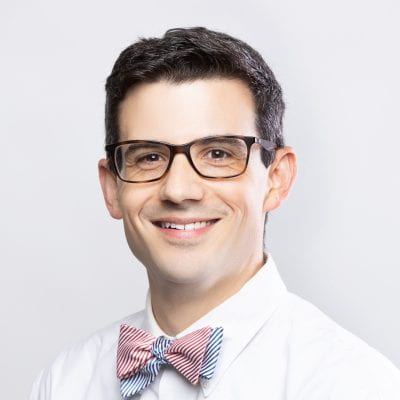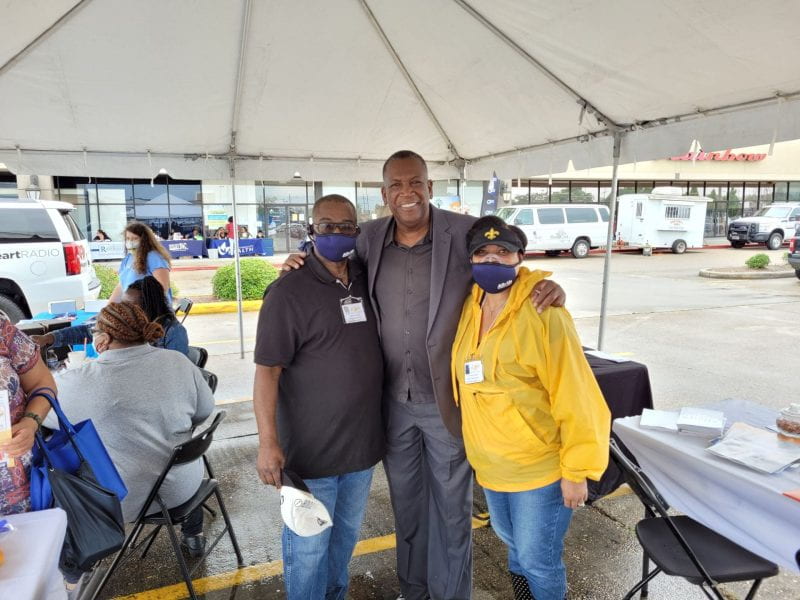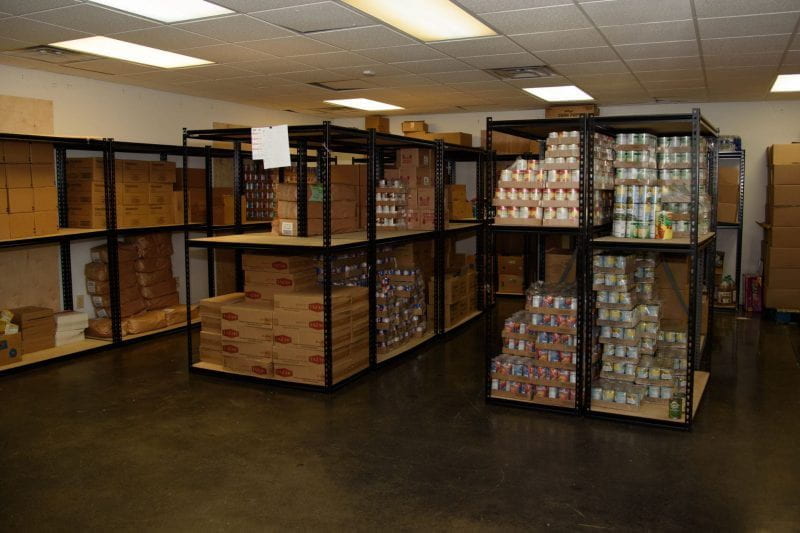
Our Scholars’ stories: Karlson empowers next generation of youth who have Sickle Cell Disease
Cynthia Karlson, Ph.D., vice chair of Pediatric Research at University of Mississippi Medical Center (UMMC), is leading a study to promote wellness through exercise and physical activity for adolescents with Sickle Cell Disease.
Sickle Cell Disease (SCD) is the most common genetic condition in the world, affecting over 100,000 individuals, predominately Black/African American individuals, in the United States. It is a chronic, disabling, and life-threatening condition.
“Sickle Cell FIT: Increasing Physical Activity in Youth with Sickle Cell Disease” aims to examine the feasibility and safety of strength-training exercise in youth with sickle cell disease, says Karlson. The study works to prevent future cardiometabolic disease correlated with obesity.
“We also aim to gather information from the sickle cell community regarding barriers to physical activity.” Those barriers may include social determinants of health, such as poverty and access to education and health care.
Combatting a concerning trend
Nearly 25% of children and adolescents with SCD are overweight or obese. The increasing rate of obesity in youth with SCD deepens concerns for future cardiovascular disease, pain, metabolic syndrome, and Type II Diabetes.
Karlson explains that the project works directly with adolescents and young adults with sickle cell disease to conduct an exercise trial and monthly wellness group.
The Sickle Cell FIT program includes two arms: Warrior FIT and Community Outreach.
The Warrior FIT 8-week intervention is based on research that suggests moderate-intensity aerobic exercise and low-strain muscle training are most effective for individuals with SCD. The study enrolls 40 patients 12-21 years old into the 8-week pilot feasibility and effectiveness intervention program. Warrior FIT teaches safe exercises that youth can do at home through a combination of in-person and telehealth visits.
Regarding the Community Outreach program, Sickle Cell FIT partners with the UMMC Pediatric Sickle Cell Program and is working to create educational materials on the risk of obesity and benefits of safe exercise.
Additionally, Karlson says, “We will work with community members that work with individuals with sickle cell disease. Community groups include parents of youth with sickle cell, the Mississippi Sickle Cell Foundation Board, the Mississippi State Department of Health, and UMMC Center for Integrative Health.”
Early insight, lifelong impact
When asked how this project impacts the community, she says, “We hope to demonstrate that strength-training is safe, effective, and beneficial for youth with sickle cell disease. We also hope to gain important knowledge regarding the barriers to physical activity within the sickle cell community in Mississippi.”
Karlson’s “why” surrounding her work is to promote better health through exercise and physical activity for this at-risk population. Serving a patient population that has been historically underserved by both the medical and research communities is central to this study.
Ultimately, the research aims to educate the health care system, policymakers, community, and patients regarding the risks related to overweight/obesity. Knowing and sharing the benefits of safe exercise in individuals with SCD can greatly contribute to reducing health disparities in this vulnerable population.











